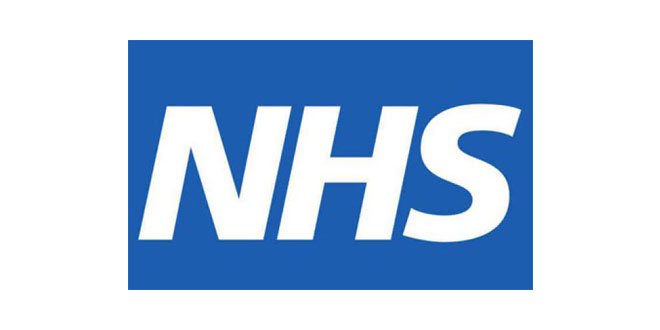Sicker Patients The Main Reason For A&E Winter Pressures
 Sicker patients with more complex conditions are the main reason for worsening performance in A&E departments, according to The King’s Fund’s latest Quarterly Monitoring Report.
Sicker patients with more complex conditions are the main reason for worsening performance in A&E departments, according to The King’s Fund’s latest Quarterly Monitoring Report.
Eighty per cent of NHS finance directors who responded to a survey identified higher numbers of patients with severe illnesses and complex health needs as a key reason for the pressures on A&E units, while 70 per cent cited delays in discharging patients from hospital. This contrasts with 27 per cent who pointed to poor access to GPs and 20 per cent to shortages of clinical staff as key factors.
The survey also highlights the huge effort made by the NHS to prepare for increased pressure on services during the winter. Over 70 per cent of trusts increased their staff, while 80 per cent of clinical commissioning groups (CCGs) paid for extra resources in primary care. Other common measures included postponing planned treatment, paying private companies to take on NHS work, and paying higher rates to recruit more agency staff.
With bed occupancy already high in the autumn, the NHS has lacked the spare capacity to meet this rising demand. Bed occupancy has subsequently risen well above the recommended maximum threshold of 85 per cent, making it difficult for hospitals to admit patients from A&E.
The report follows news from NHS Improvement of a £886 million deficit among NHS providers at the end of the third quarter. Increased spending on agency staff and outsourcing to the private sector may make it difficult to reduce this deficit before the end the year. With the survey also showing a sharp increase in the number of CCGs expecting to overspend, there is an increasing risk that the Department of Health will be unable to stay within the budget voted by parliament.
Decisions to postpone planned treatment are also likely to have an impact on waiting lists, while the report also finds that nearly two-thirds of trust finance directors and more than half of CCG finance leads think the quality of care in their area has got worse over the past year.
Richard Murray, Director of Policy at The King’s Fund, said: “It is clear that the NHS pulled out all the stops and the pressures on hospitals would have been far worse without extensive planning, the heroic efforts of staff and relatively low levels of norovirus and flu. Despite this, performance has continued to deteriorate, with waiting times in A&E the worst they have been since the four-hour target was introduced.
“Our survey suggests the key factor behind this is that already overstretched hospitals are struggling to cope with rising numbers of patients who are difficult to treat, rather than an influx of people who are unable to get appointments with their GP. It is also further evidence of the additional pressure that the social care funding crisis is putting on hospitals.
“Increasing spending on agency staff, outsourcing work to the private sector and suspending planned treatment may have helped to relieve pressure in the short term but are likely to result in a nasty hangover as hospital finances take a hit and waiting times increase further. These findings are further evidence of a service buckling under the strain of trying to meet rising demand while maintaining current standards and should give the Chancellor pause for thought ahead of next week’s Budget.”






